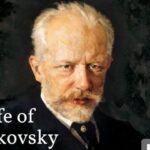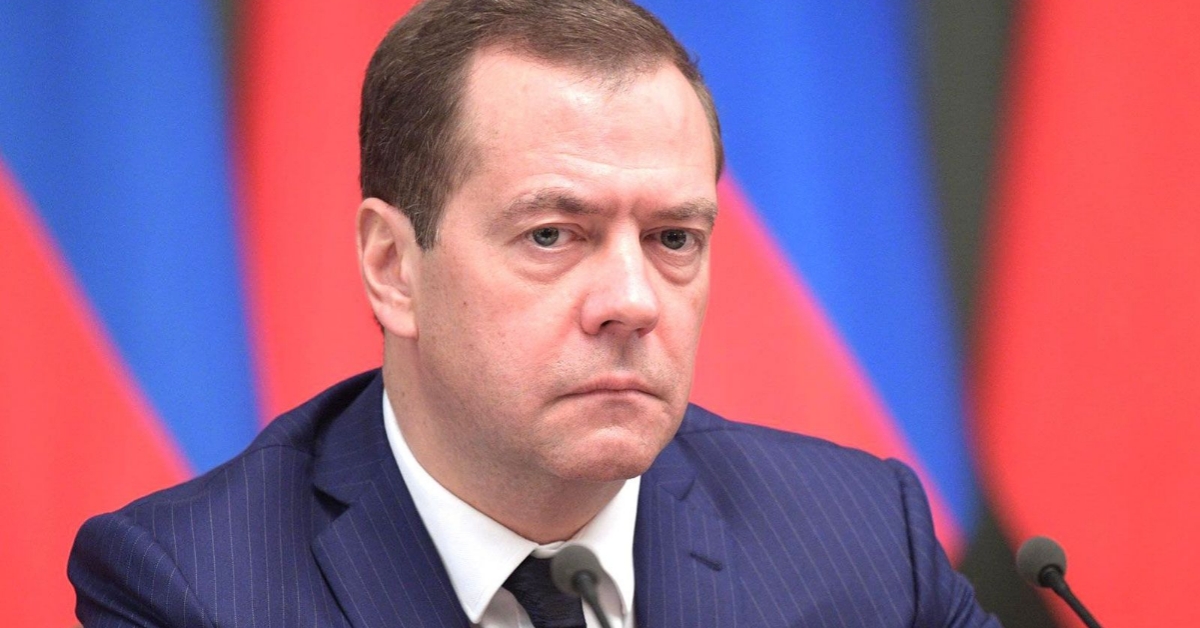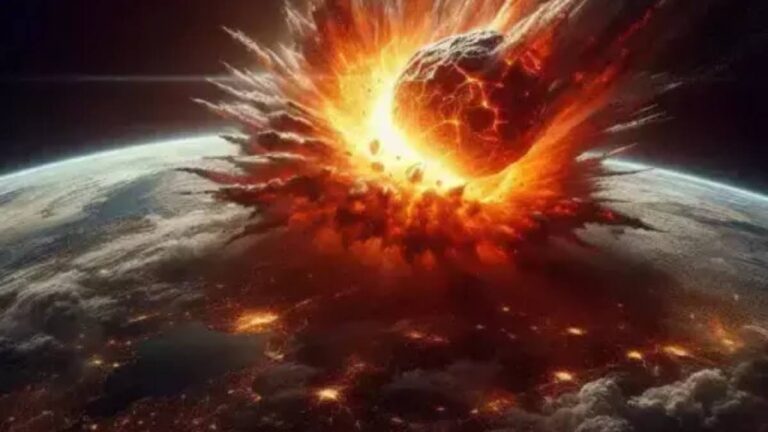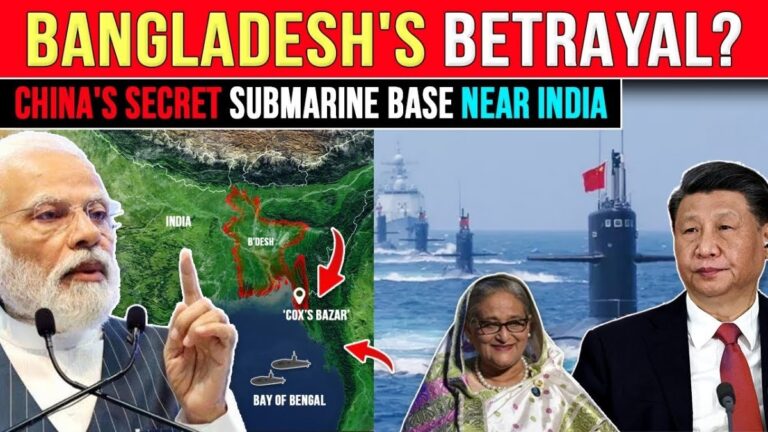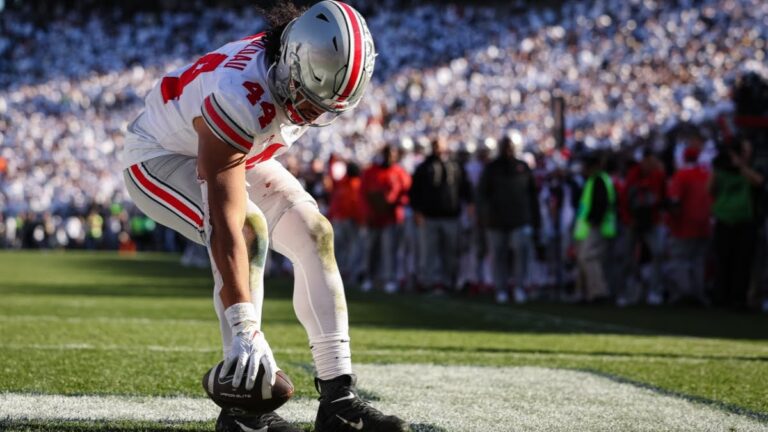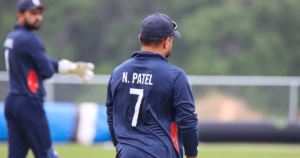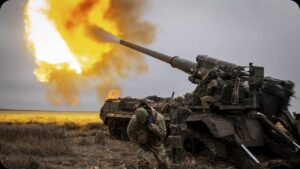Russia’s Former President Dmitry Medvedev Threatens Nuclear Attacks on Western Capitals Amid Ukraine Crisis
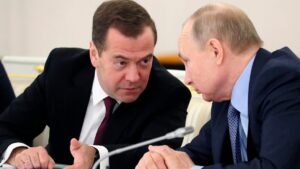
Introduction
In a chilling escalation of tensions, Russia’s former president, Dmitry Medvedev, has issued a stark warning to Western leaders: If NATO dares to send troops to Ukraine, they risk triggering nuclear war. The world watches with bated breath as geopolitical maneuvering reaches a critical juncture.
Medvedev’s Bombastic Threats
- The Choir of Irresponsible Bastards:
- Medvedev took to social media to condemn Western elites who advocate for sending troops to Ukraine.
- He specifically pointed fingers at leaders in the US, UK, France, the Baltics, and Poland who floated the idea of supplying Kyiv with troops.
- A Direct Engagement in War:
- The former Russian president emphasized that any deployment of NATO troops would essentially be a direct engagement in war.
- Russia, he warned, would not limit its response to Ukraine’s borders.
- No Hiding Places:
- Medvedev’s ominous words echoed across Western capitals: “None of them will be able to hide either on Capitol Hill, or in the Elysee Palace, or in Downing Street, 10.”
- He painted a grim picture of a global catastrophe should the red line be crossed.
Nuclear Drills and Posturing
- Running Drills with Tactical Nukes:
- Russia recently announced drills involving tactical nuclear weapons near Ukraine.
- These weapons, while smaller in yield, can still be devastating and are delivered through various means.
- A High-Stakes Bluff?:
- Western leaders have categorized such threats as bluffs, aimed at scaring Ukraine’s allies off.
- Meanwhile, NATO continues to supply Ukraine with vital aid, including weapons and arms.
Conclusion
As the crisis unfolds, the world grapples with the specter of nuclear conflict. Medvedev’s bombast serves as a stark reminder that the stakes are higher than ever. The delicate balance between diplomacy and brinkmanship hangs in the balance, and the fate of nations rests on the decisions made by leaders in this perilous moment.
How is NATO responding to this situation?
NATO, the North Atlantic Treaty Organization, is closely monitoring the escalating situation amid Russia’s nuclear threats. Here’s how NATO is responding:
- Strengthening Deterrence and Defence:
- In response to Russia’s unprovoked war against Ukraine, NATO Heads of State and Government convened an extraordinary summit in March 2022.
- They affirmed their commitment to significantly strengthen NATO’s longer-term deterrence and defence posture.
- The focus is on developing a full range of ready forces and capabilities necessary to maintain credible deterrence and defence1.
- Nuclear Deterrence Policy and Forces:
- NATO considers nuclear weapons a core component of its overall capabilities for deterrence and defence.
- The Alliance maintains an appropriate mix of nuclear, conventional, and missile defence forces, complemented by space and cyber capabilities.
- The safety, security, and effectiveness of NATO’s nuclear forces are constantly evaluated in light of technological and geo-strategic evolutions1.
- Monitoring Russia’s Actions:
- NATO closely monitors Russia’s actions, including the recent decision to station tactical nuclear weapons in Belarus.
- While NATO remains committed to arms control, disarmament, and non-proliferation, it will continue to prioritize credible deterrence2.
In this high-stakes geopolitical environment, NATO’s response aims to maintain peace, prevent coercion, and deter aggression while ensuring the safety and security of its member states.
The history of NATO-Russia relations.
The history of NATO-Russia relations has been marked by complex dynamics, cooperation, and periods of strain. Let’s explore key milestones in this relationship:
Background and Early Cooperation
- In 1991, NATO and Russia established a strategic partnership within the framework of the North Atlantic Cooperation Council.
- In 1994, Russia joined the Partnership for Peace program, signaling a commitment to cooperation.
- The NATO-Russia Founding Act (NRFA) was signed in 1997, enabling the creation of the NATO-Russia Permanent Joint Council (NRPJC).
NATO-Russia Council (NRC)
- In 2002, the NRPJC was replaced by the NATO-Russia Council (NRC).
- The NRC aimed to partner on security issues, joint projects, and dialogue.
- Cooperation agreements were signed in areas such as counter-terrorism and crisis management.
Deterioration and Strained Relations
- 2004–2005: Relations deteriorated after the Ukrainian Orange Revolution.
- 2008: The Russo-Georgian War further strained ties.
- 2014: NATO suspended practical cooperation in response to Russia’s annexation of Crimea.
- 2021: Tensions escalated, leading to the suspension of Russian officials from NATO headquarters.
- 2022: The Russian invasion of Ukraine caused a breakdown in relations, with the NATO-Russia Council declared defunct.
Despite challenges, NATO maintains its focus on helping Ukraine defend itself, emphasizing deterrence rather than direct confrontation with Russia.






